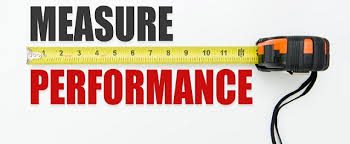 November 2020
November 2020
Budgeting and reserve fund planning are insufficient for effective oversight of a condo community.
Budgets are generally prepared for a one-year period. Reserve funds, while planned for decades out, are not comprehensive and don’t reflect the diversity of factors inherent in condo community living.
Condo communities are constantly changing to reflect resident interests, changing demographics and to compete with neighbouring communities. There is always a need to improve aging infrastructure, upgrade outdated amenities and improve resident lifestyles. Reserve funds were never intended to deal with all of this.
It is common practice in business to operate with a five-year strategic and capital plan. Condo communities should plan in a similar manner. Those failing to do so are likely to become captive to events beyond their control. A strategic plan allows the board to map out upcoming expenditures, establish priorities and lead their communities in a desired direction. Where financial reserves are inadequate there is time to replenish them or plan for known funding requirements.
A five-year plan can be simple to implement. It serves as an internal document separate from financial reporting requirements.
The five-year plan starts with identifying specific items that will require funding. For each item estimate the amount of money required. Determine if funds will come from the reserve fund or operations budget. If required funds exceed what is available, determine how funding will be obtained.
Each year update the plan.
Planning in this way offers numerous advantages:
- Potential financial shortfalls are identified well in advance giving the board time to consider options.
- Residents can be informed in advance of necessary increases to condo fees or a special assessment.
- Upcoming expenditures can be better timed to reflect available funds.
- Major projects can be planned and funded over several years.
 Planning also allows the corporation to avoid excessive cash balances. Two to four months of expenses should be maintained in a cash account at all times with the remainder invested and earning interest. Should unexpected expenses come up they can be funded without difficulty or loss of interest income.
Planning also allows the corporation to avoid excessive cash balances. Two to four months of expenses should be maintained in a cash account at all times with the remainder invested and earning interest. Should unexpected expenses come up they can be funded without difficulty or loss of interest income.







